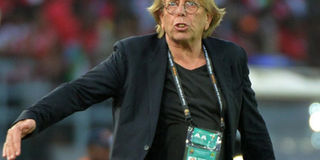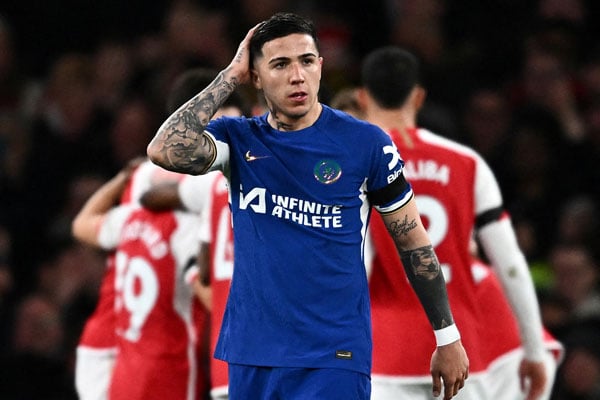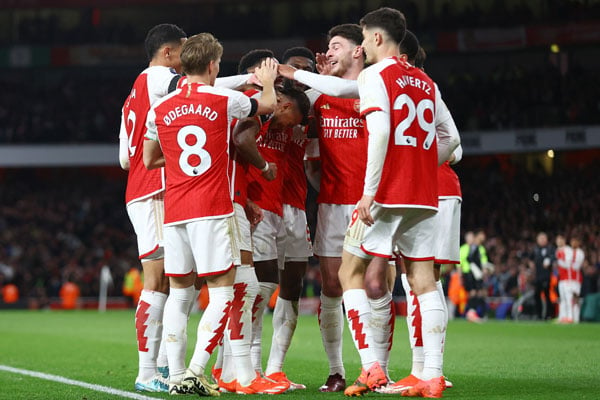African coaches not visible at Africa Cup

Congo’s Claude Le Roy
What you need to know:
African coaches have continued to be outnumbered at Afcon, with this year’s tournament in E. Guinea having only three local coaches (Ephraim Mashaba with South Africa, Honour Janza with Zambian and Florent Ibenge with the DRC) against 13 from Europe.
Nigeria coach Stephen Keshi and former Cameroon star Joseph-Antoine Bell are some of the outspoken football voices when it comes to non-African tacticians managing national teams at the expense of locals.
The two claim Africans can do the job just as well – even better. “In Africa, a European will replace another European,” Joseph-Antoine Bell is quoted as saying, “They have the right to under-perform, not the African coaches.”
Keshi was even terser during the previous Afcon edition: “Do not bring a mediocre coach from Europe and tell me he’s better than me - I will not accept that,” he said.
Maybe the two have a point. Of the 29 Afcon editions, African coaches have won the Afcon 14 times (including 2013’s by Nigeria’s Keshi), one less than foreign tacticians - mainly Europeans.
Yet the Africans have continued to be outnumbered at the showpiece, with this year’s in Equatorial Guinea having only three local coaches (Ephraim Mashaba handling South Africa, Honour Janza managing Zambian and Florent Ibenge at the helm of DRC) against 13 from Europe.
This is a record low since the tournament was expanded to 16 teams in 1996, with the previous one back in 2008 at the Ghana edition when 11 of the 16 squads were coached by non-Africans.
Caf secretary Hicham El Amrani does not think we need a rule limiting foreign coaches, saying the confederation, through its members, have “coached over 30,000 coaches.
With this we are going the right direction,” he told Sky Sports News.
The fact is that we have to take responsibility ourselves, and Ivorian Kolo Toure, who is likely to retire from international football after this tourney to concentrate on his club career and take up coaching lessons, agrees. “We have to take responsibility as Africans by coaching.
We have to give back to football what football has given to us.” Sure there is no two ways about it if we are to challenge the admittedly better equipped foreigners.
2015 Afcon coaches
South Africa: Ephraim Mashaba (S. African)
Algeria: Christian Gourcuff (French)
Burkina Faso: Paul Put (Belgian)
Cameroon: Volker Finke (German)
Cape Verde: Rui Aguas (Portuguese)
Congo: Claude Le Roy (French)
Ivory Coast: Hervé Renard (French)
Gabon: Jorge Costa (Portuguese)
Ghana: Avram Grant (Israeli)
Guinea: Michel Dussuyer (French)
E. Guinea: Andoni Goikoetxea (Spaniard)
Mali: Henryk Kasperczak (Polish)
DR Congo: Florent Ibenge (Congolese)
Senegal: Alain Giresse (French)
Tunisia: Georges Leekens (Belgian)
Zambia: Honour Janza (Zambian)
Afcon finally comes to life
Why were we even worried? The final two Group A games finally mocked us for our impatience. But it had to take real, yet agonizing patience.
For the first two rounds of group games, teams at the 2015 Nations Cup treated us to admittedly solid and organized defending.
But they also never spared us the annoyingly less inventive attack and inept finishing in front of goal.
Ten draws - eight one-alls and two goalless in the first two rounds of games - was an irritatingly boring return from Africa’s biggest football showpiece in Equatorial Guinea, yet the teams’ defensive units overall cannot go without a mention.
But all the complaints were put to bed – as expected – when teams had to fight for their dear lives in the final pool games starting with Group A on Sunday.
Agonizing wait
Still the wait was agonizing; Congo vs Burkina Faso and Gabon vs Equatorial Guinea keeping us worried of witnessing yet another impending set of Afcon draws. Well, until the 51st and 55th minutes of both games.
And as soon Thievy Bifouma Koulossa finally put Congo ahead against Burkina Faso from the spot; Equatorial Guinea’s influential midfield player Javier Balboa also broke the deadlock against Gabon.
The shot had been fired. Iban Salvador Edu doubled Equatorial Guinea’s advantage to confirm their quarterfinal slot just in the same 86th minute Aristide Bance leveled for the Burkinabe.
Bance’s effort would, however, last only for a minute before Fabrice N’Guessi Ondama’s winner ensured Congo joined the hosts in the last eight.
And suddenly, we had the thrill, suspense and goals complementing each other. And finally the Afcon had sprung to life.
Cricket Cranes ought to worry when their forte is broken
The song has been familiar. Uganda and batting are hardly the best of friends. That relationship, or lack of it, was enhanced as the Cricket Cranes finished fifth at the just ended global meet in Namibia to stay in Division III.
That futility was the third failed attempt to make the higher grade by the Cricket Cranes, which was yet again aided by some miserable batting that returned a miserly 188 all out in the 111-run defeat to Canada as Uganda’s highest score. Putting up 200 runs yet again seemed a bad totem for the Cranes.
Weaker side
And when your best batsman at the showpiece with 188 runs, Pretoria-based Phillemon Mukobe, announces retirement at only 28 years old, you are naturally left an even weaker side.
That we again fell short in swinging the bat will have surprised few. We were actually living to the creed.
But what should have deeply disappointed the Ugandans and Cranes coach Peter Kirsten is the tourists’ capitulation even in what is widely considered their strong point – fielding.
Henry Ssenyondo and Jonathan Ssebanja’s nine wickets apiece were the best individual return for Uganda but it is the seven-wicket loss to Netherlands that confirmed Uganda’s dropped standards in the area.
When your opponent encroaches on your supposed stronghold and captures your only spear, you have to worry big time. Uganda Cricket Association (UCA) and Kirsten surely have their work cut out, and now not just in rocking the bat.
[email protected], @TheLoveDre on Twitter




